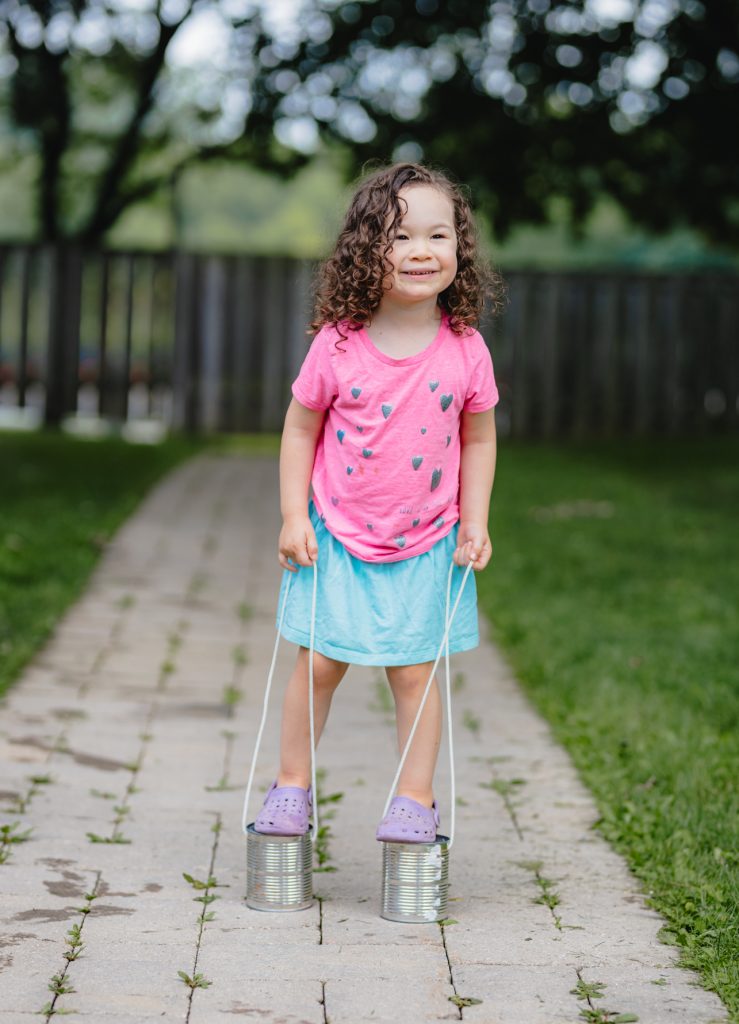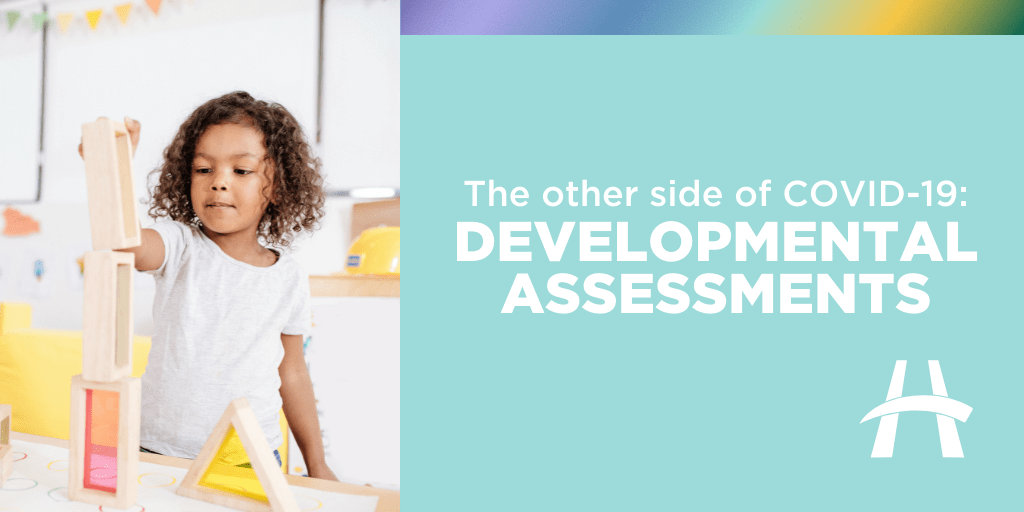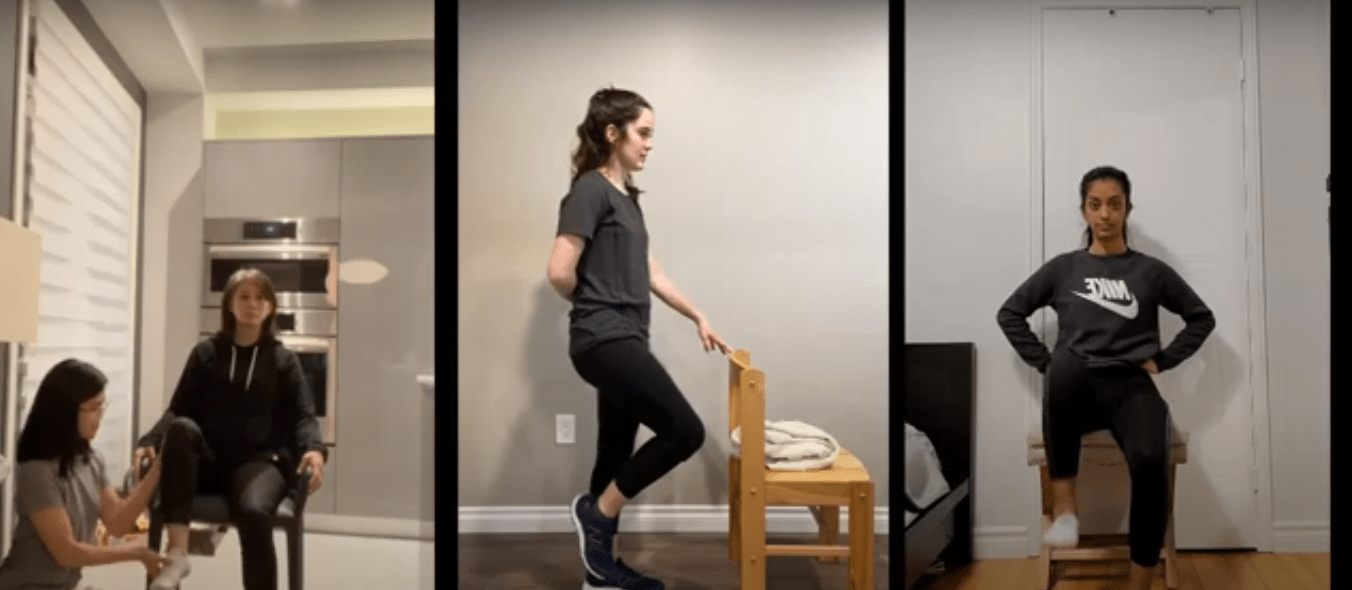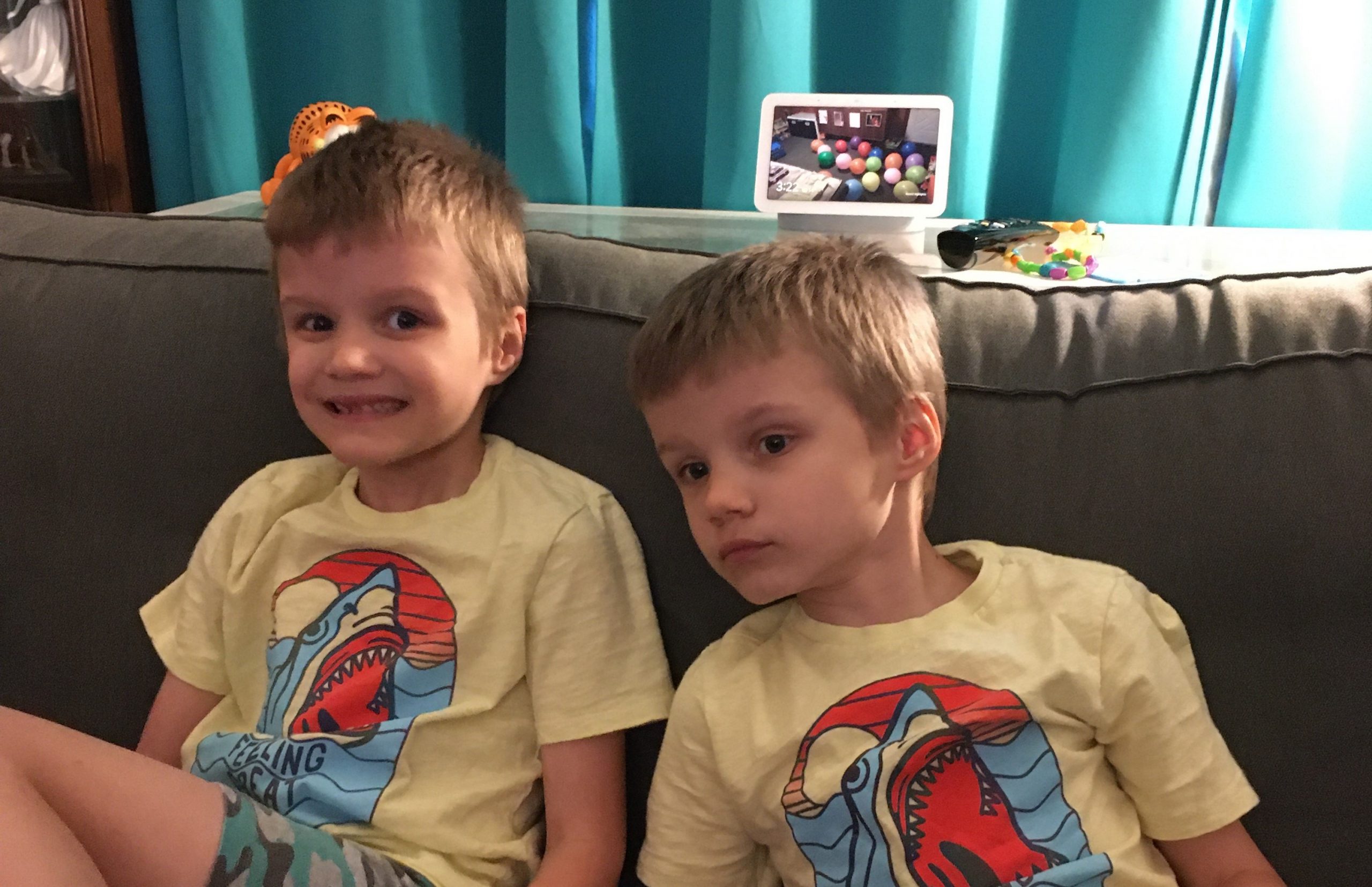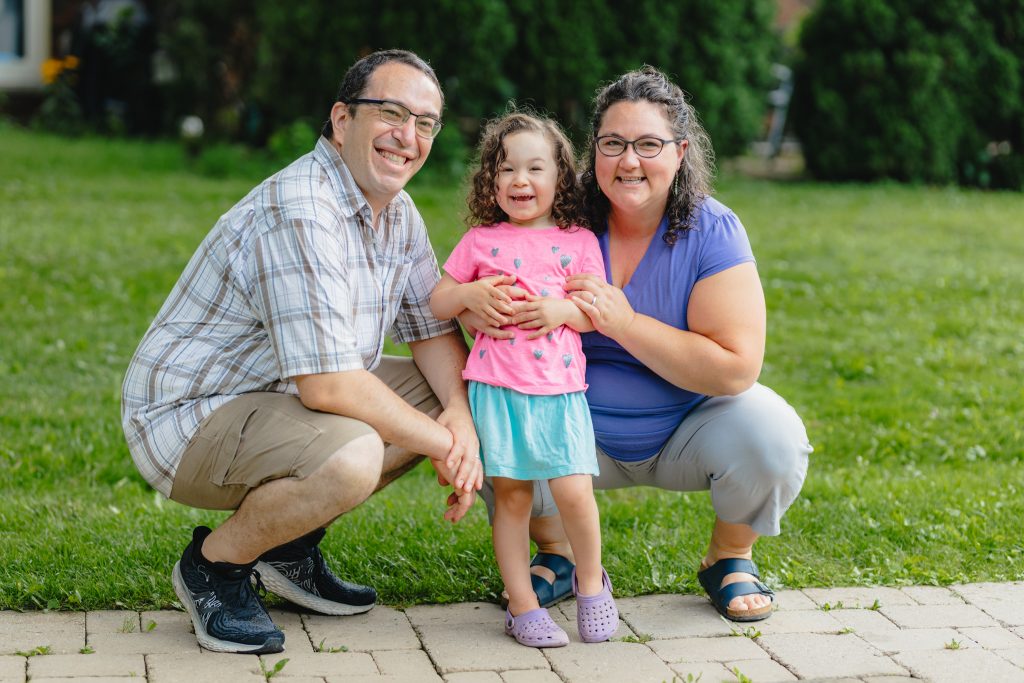
Got a toddler? Get a backbone – with flexibility
“I DO IT MYSELF!”
Sound familiar? Parenting can be hard, especially parenting a toddler who is navigating their place in the world.
But for Kayla and Lou Clavero, a course they took at McMaster Children’s Hospital’s (MCH) Ron Joyce Children’s Health Centre assured them they were on the right path.
Coping with toddler behaviour can be a challenge
The Claveros attended MCH’s “COPEing with Toddler Behaviour” course to learn strategies to parent their two-year-old Gwendolyn, nicknamed Gwendo. This is just one course in the “COPEing” series offered by MCH.
“When you have your first kid, you’re standing there going, ‘okay what do I do now,’” says Kayla. “It gave us direction. It aligned with our values and made us feel like we were making good decisions.”
COPEing with Toddler Behaviour is a free, 8-session workshop for parents and caregivers of children aged 12-36 months, offered several times per year through MCH’s Infant-Parent Program. The Clavero family experienced the course in-person, but it is being offered virtually during the pandemic.
Throughout the course, parents watch video clips, learn strategies to prevent and respond to challenging behaviour, and discuss these issues with the leaders and other parents.
The next session starts September 28 and runs on Tuesday evenings from 6 p.m.- 8 p.m. Call 905-521-2100 ext. 77406 or email ipp@hhsc.ca to register.
Backbone parenting
The course encourages parents to become a “backbone parent” – someone who is firm but not rigid.
“When you have a backbone, you’re strong but there is some flexibility,” says Infant-Parent Specialist Barbara Campbell. “Evidence tells us that backbone parenting is a parenting style that has the best outcome for toddlers.”
Adults in the class learn prevention strategies like planning ahead to avoid challenging behaviours in the first place, how to connect with kids and support a healthy parent-child relationship, how to understand and interact with a child’s unique personality, and how to set limits and follow through.
“We learn how to be empathetic to a child’s temperament and to be consistent,” says Campbell. “Find that sweet spot where you can be firm, set limits, follow through with them, and do it in a kind way.”
The course also explores how parents were parented themselves, and how that plays a role in their family dynamics. Some parents choose to follow in the same footsteps as their parents, while others may have had parents that were more authoritarian or “brick wall” or more “jellyfish” and gave in to everything, says Campbell, and may choose a different style.
Leaving space for your child’s emotions
Kayla says the course gave her the language to define Gwendo’s behaviours. Once she could articulate the feelings and emotions Gwendo was experiencing, the path forward was clearer.
She learned that sometimes a toddler’s personality doesn’t match the personality of their parents. Now she can ask: how do I get to know my child and respond in ways that they need me to?
“It gave me more insight to recognize when my buttons were being pushed and how to be able to leave space for Gwendo’s emotions while being aware of mine,” she says.
The Clavero family continues to practice the strategies they learned at RJCHC. They taped course handouts on a wall in their home so they can review them at meals. They also continue to play a song they heard in the classroom that makes them smile.
They know while there’s no perfect guidebook to parenting, there are services in the community to support them and other parents and caregivers like them.
Resources are available
Kayla learned about the course through the MCH Growing Together Guide she picked up in her local recreation centre.
She and her husband Lou would recommend the course to other families.
“It presents everything you need to know in one trusted source, versus different things on the internet,” says Lou.
This was the first MCH program the family has participated in, but they have experienced other community programs through EarlyON Child and Family Centres.
“When we open the door to these programs, that’s when the cascade happened and we started going to several of them,” says Kayla.
“If you’re having any kind of struggle — which every parent does — it’s a wonderful resource.”
McMaster Children’s Hospital’s Infant-Parent Program provides a variety of services to children 0-30 months old and their families, including parenting workshops, developmental assessments, speech-language consultations, in-home sessions with clinicians, and information about other services and resources. Visit our website for information about free parenting workshops offered virtually or in-person.


